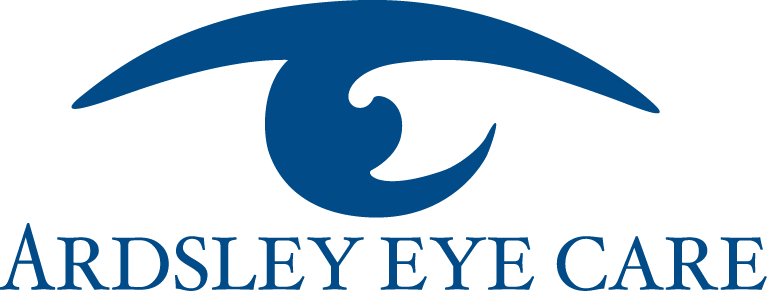Pediatric Eye Exam
At Ardsley Eye Care, we welcome pediatric patients as young as 2 years of age for routine and medical eye exams. We recognize the importance of identifying visual issues at an early age, whether it be simple nearsightedness, or more subtle conditions that can have long-term consequences on your child’s development, such as amblyopia, strabismus, or ptosis.
Dr. Wolfe has undergone elective, concentrated training in pediatric optometry, and enjoys talking to kids about their eyes, and answering any questions that they may have.
Our optical has a wide selection of children’s glasses frames, fitting children as young as 2.
Things to watch out for with your child’s eyes
Routine and Annual exams aside, here are some other reasons to bring your child in for an exam
Excessive squinting or rubbing of eyes
One of both eyes turning out/in, not seeming to fixate correctly
Eyelids drooping
Consistently poor depth perception
Complaints of double vision, especially following a concussion
Consistently tilting or turning head in the same direction
Excessive crustiness around eyelashes
Routinely skipping words or entire lines of text when reading
Complaints of headache or discomfort after only a short time of reading
Clearly favoring one eye/consistently closing or covering the same eye
Myopia Control
At this time in the U.S., there are three main methods for reducing the rate of myopia progression:
1) Soft, multifocal contact lenses
These lenses are worn during the day, and for the patient, are indistinguishable from typical contact lenses in terms of vision and comfort. The design of the lens changes the way light is focused on the periphery of the retina in a way that discourages elongating growth of the eyeball. This slows down changes that lead to greater myopia.
2) Rigid, reverse-geometry lenses
Commonly known as orthokeratology, these lenses are worn at night to reshape the cornea. The effect on the cornea is such that light is focused similarly to a soft multifocal lens, and globe elongation is discouraged.
3) Low-dose Atropine drops
Low concentrations of Atropine drops are given daily to partially paralyze the focusing muscles of the eyes, interrupting the feedback loop by which extensive near work leads to increased myopia.
MiSight Program
The FDA recently approved the first and only treatment specific for myopia control - a soft, daily-disposable contact lens called MiSight that uses advanced optics to guide the development of the eye, and reduces eventual myopia by over 50%.
Dr. Wolfe was one of the first providers in Westchester to be certified to fit the MiSight lens, and he would be happy to discuss whether your child is a candidate for this form of myopia control, or whether other treatment options may be more appropriate.


